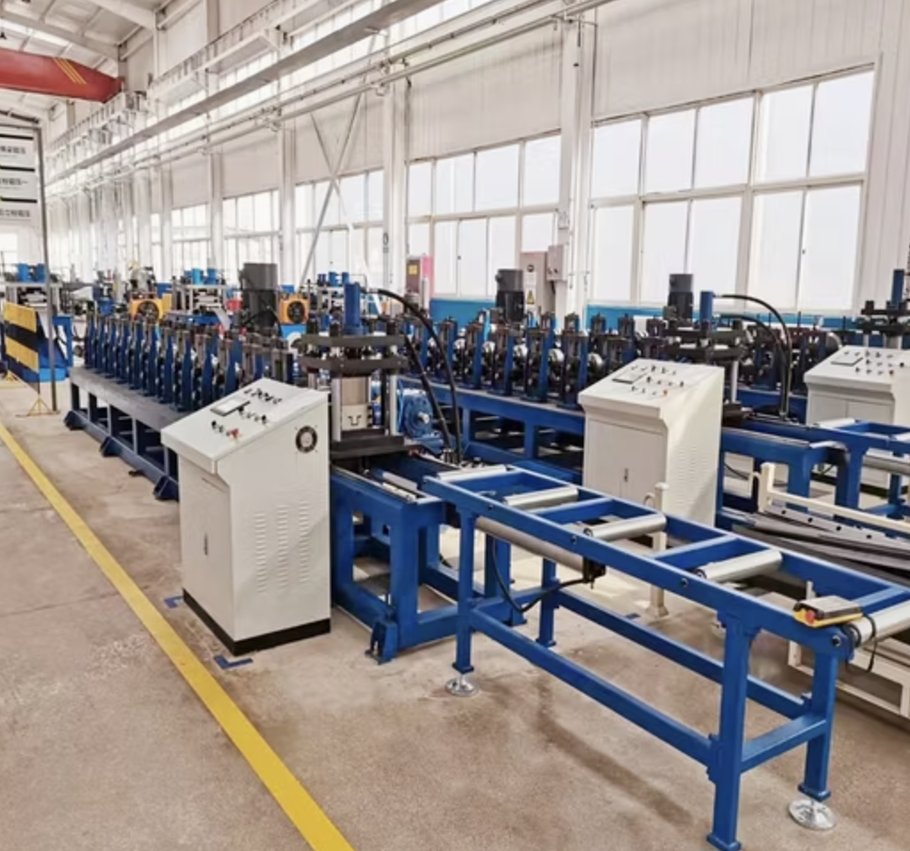To express an interest in this machine please submit the form below.

Not Sure What Machine You Need?
Select Your Profile, We'll Match It
Choose your desired profile drawing, and let Machine Matcher connect you with the best roll forming machine tailored to your needs.
Browse Profiles



A trailer stringer roll forming machine is designed to produce trailer stringer profiles, which serve as the foundational support structures in trailer manufacturing. These machines are engineered for precision, speed, and durability, ensuring high-quality output for various trailer sizes and applications. The roll forming process involves feeding metal coils into the machine, which then forms the desired profile through a series of rollers.
Trailer stringer profiles are critical components in the transportation industry, providing the structural integrity needed for trailers to handle heavy loads and endure wear and tear. With growing demand in Canada for durable trailers, these machines play a pivotal role in meeting industry requirements.
Here are the detailed specifications of a typical trailer stringer roll forming machine:
1. What materials can this machine process?
The machine is compatible with galvanized steel, cold-rolled steel, stainless steel, and aluminum, with thicknesses ranging from 1.5mm to 4mm.
2. Can the machine handle Canadian power supply standards?
Yes, the machine is configurable to Canadian power requirements (220V/60Hz or 380V/50Hz).
3. What types of trailer stringer profiles can it produce?
The machine can produce a variety of stringer profiles, including U-shaped, C-shaped, and custom designs tailored to specific trailer models.
4. Is the machine suitable for high-volume production?
Absolutely. With a production speed of up to 20 meters per minute, it is ideal for both small-scale and large-scale manufacturers.
5. What maintenance is required for the machine?
Regular lubrication, inspection of rollers and cutting blades, and periodic software updates for the PLC system are recommended to ensure optimal performance.
6. How can I get replacement parts?
Manufacturers typically provide a spare parts package with the machine. Additional parts can be ordered from the supplier, often with quick delivery to Canada.
7. Is training provided for the operators?
Yes, most suppliers offer training on installation, operation, and maintenance. Remote training and support are also available.
8. How does shipping and installation work in Canada?
The machine is shipped in protective crates to prevent damage during transit. Installation services, including on-site assembly and calibration, are often included or available as an additional service.
Copyright 2026 © Machine Matcher.